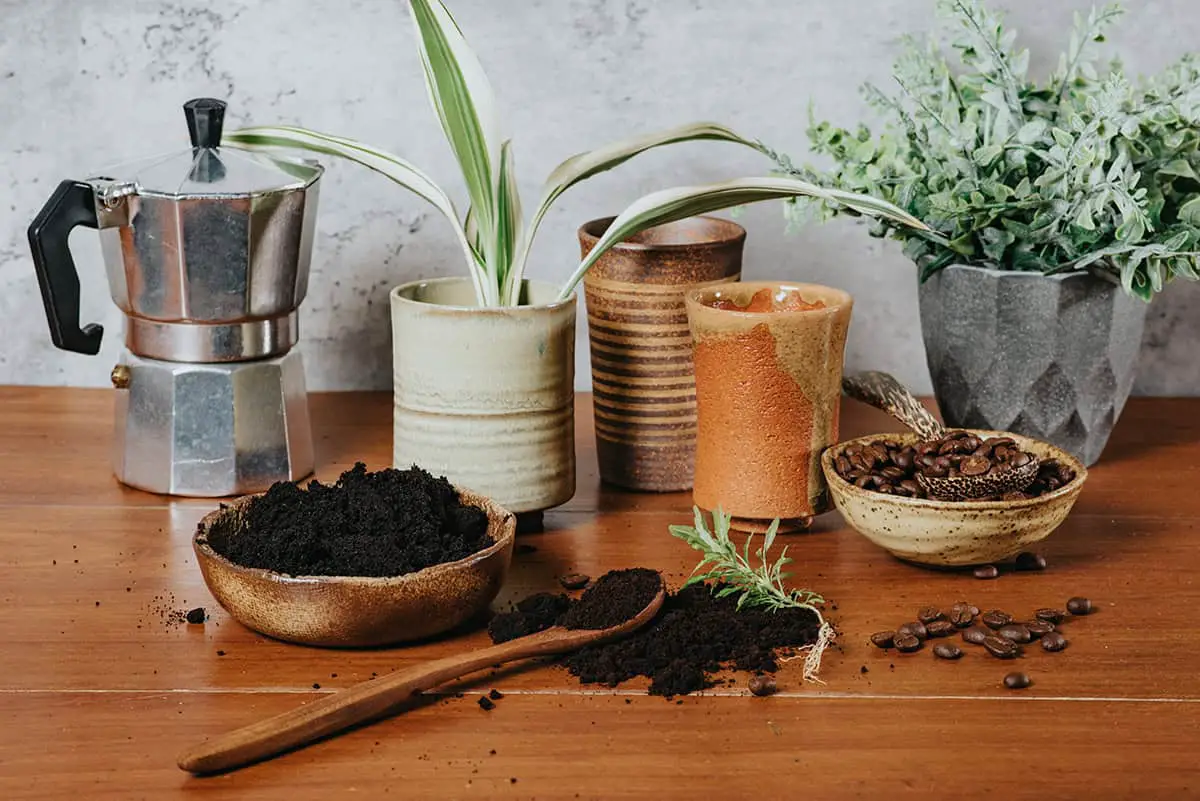You’re about to toss out your morning coffee grounds when you remember hearing that they can be great for plants. Instead of throwing them away, why not use them to boost your garden? Learn which plants thrive on coffee grounds and how to use them effectively while turning your waste into a nutrient-rich resource.
Table of Contents
Benefits of Coffee Ground for Plants
Essential Nutrients
Coffee grounds contain essential nutrients like nitrogen, phosphorus, and potassium. These nutrients support healthy plant growth by providing vital elements that plants need to thrive.
Soil Improvement
When used as compost, coffee grounds improve soil structure. They enhance soil aeration and drainage, helping to create a more hospitable environment for plant roots. Mixing coffee grounds into the soil boosts fertility and organic matter.
Water Retention
Coffee grounds help with water retention, enabling the soil to retain moisture more effectively. This is particularly useful in dry regions where maintaining soil moisture is challenging.
Mulching
Using coffee grounds as mulch is beneficial. Spread them thinly around the base of your plants to deter weeds and maintain soil moisture. This practice helps to create a healthier growing environment for your plants.
Pest Control
Coffee grounds can help repel certain pests, such as slugs and snails. Creating a small barrier of coffee grounds around plants can be an effective way to protect them from these common garden pests.
Quantity Control
Be cautious with the amount of coffee grounds used. Limit coffee grounds to no more than 20% of your total compost content, as excessive amounts can affect seed germination and harm plants.
Soil pH Adjustment
In some cases, coffee grounds can help lower soil pH, which is beneficial for acid-loving plants. However, use coffee grounds cautiously for plants not suited to acidic soil to avoid negatively impacting their growth.
Economical and Accessible
Access to coffee grounds is easy and often free. Many coffee shops give away used coffee grounds, providing an economical way to boost your garden’s health without additional cost.
Plants That Love Coffee Ground
Coffee grounds enrich the soil with nutrients like nitrogen and improve its texture. Here’s how different plants benefit from coffee grounds.
Roses
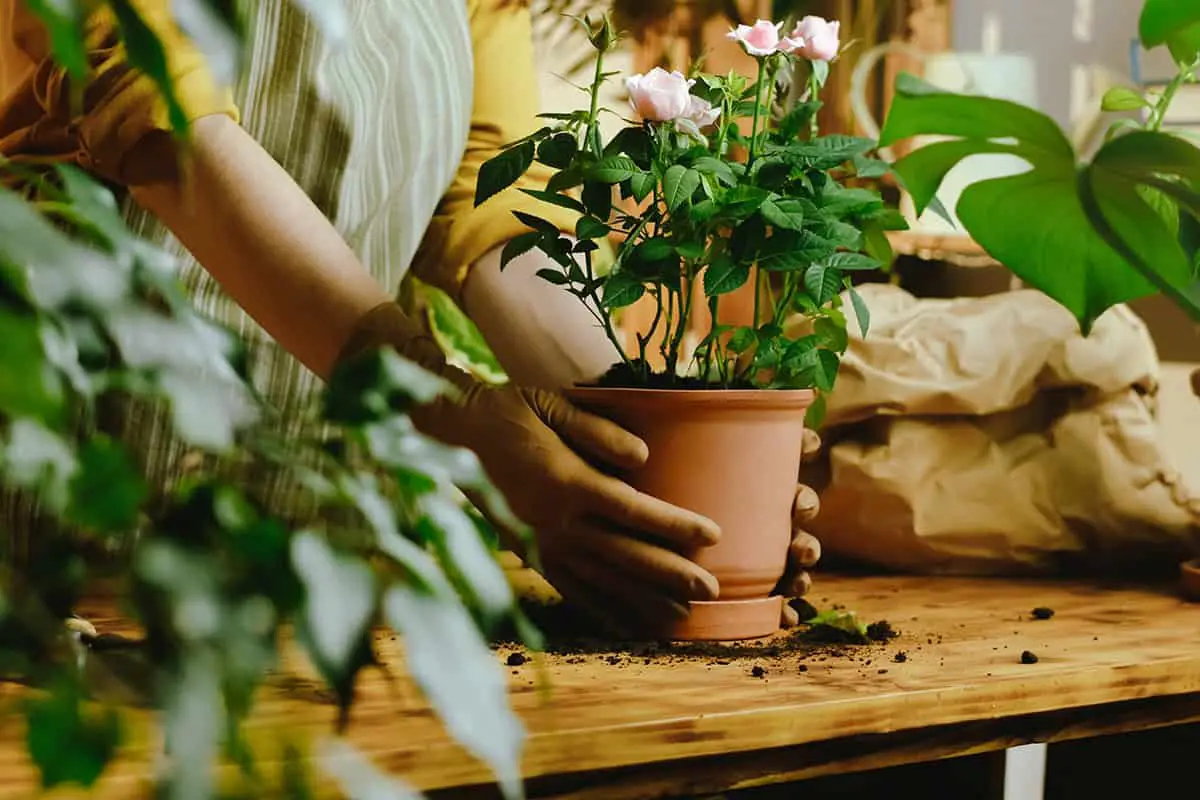
Roses thrive with the addition of coffee grounds because they enrich the soil with essential nutrients. The grounds improve soil drainage and aeration. They also help maintain an acidic environment, which roses prefer. Spread the grounds around the base of your rose bushes. Avoid direct contact with the stems to prevent mold. Incorporate them into the soil lightly.
Azaleas
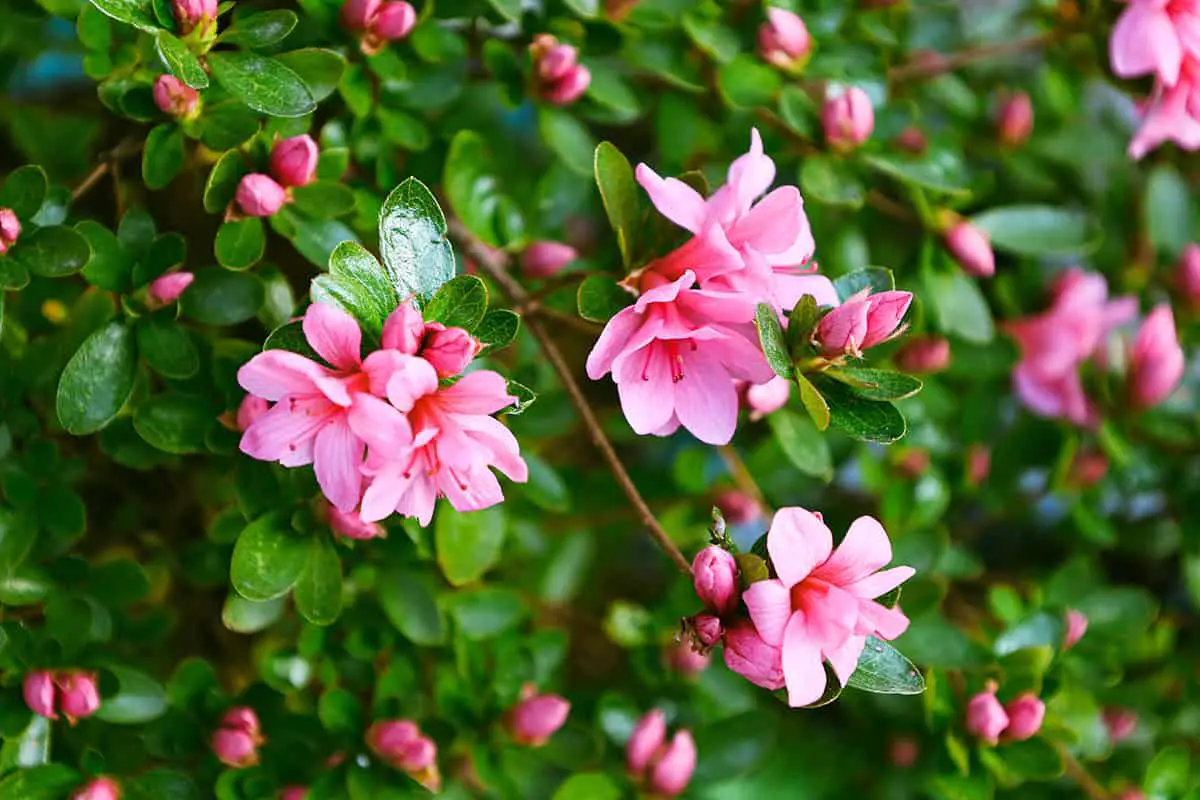
Azaleas flourish in acidic soil and benefit from the nutrients in coffee grounds. The grounds help retain moisture in sandy soils. They also add organic matter, boosting root growth. Apply a thin layer around the base. Mix lightly into the topsoil. Avoid over-application to prevent soil compaction.
Rhododendrons
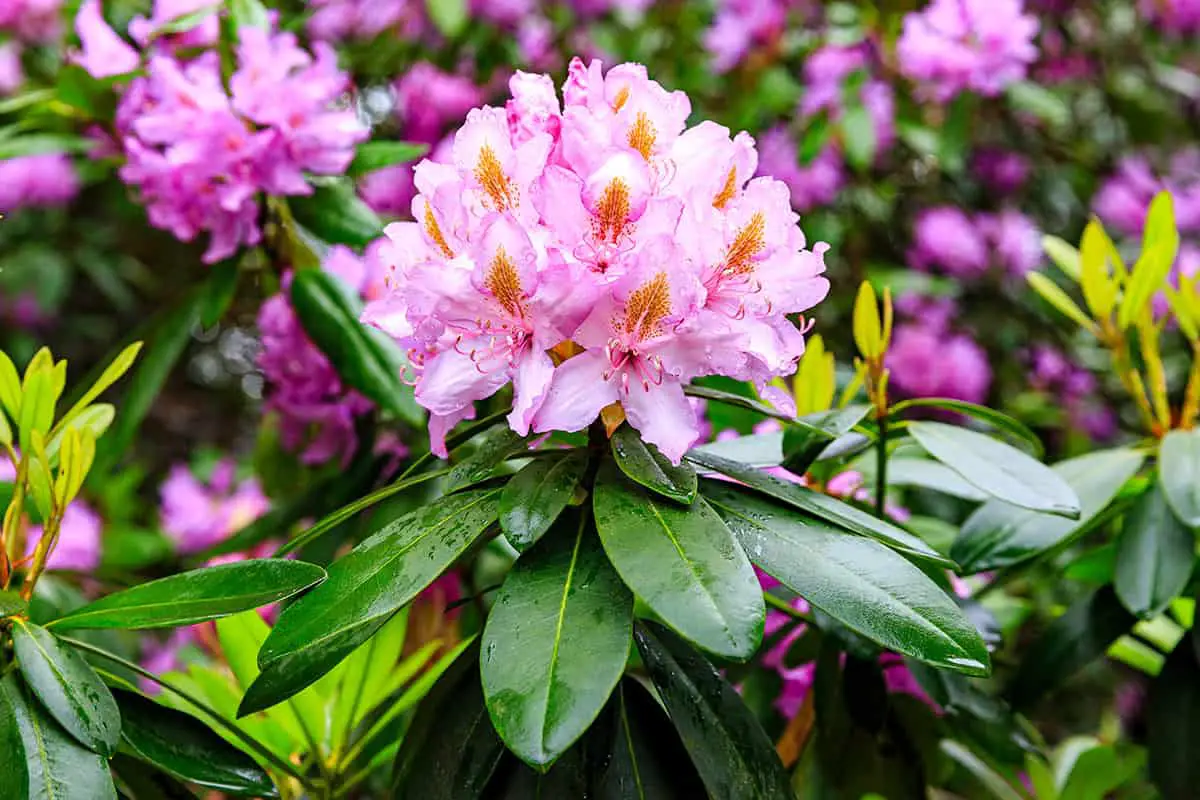
Rhododendrons love acidic environments. Coffee grounds help sustain soil acidity, crucial for their health. These grounds also provide essential minerals. Scatter a small amount around the plant’s base. Work them into the soil carefully. Overuse can lead to nutrient imbalances.
Hydrangeas

Hydrangeas enjoy the acidity and organic content of coffee grounds. They can influence the flower color. Blue hydrangeas thrive in acidic soil, while pink ones prefer neutral. Spread a thin layer around the plant’s base. Mix well into the soil. Moderate usage prevents nutrient overload.
Camellias
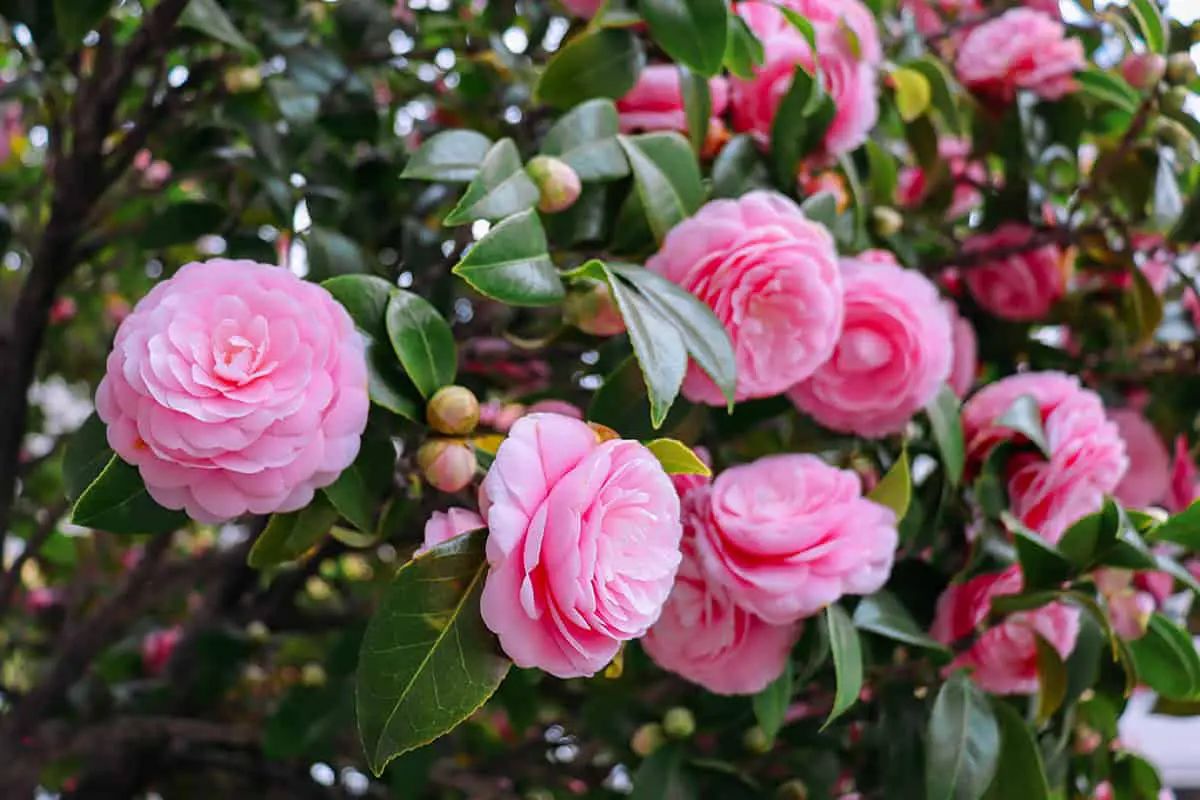
Camellias benefit from the acidity maintained by coffee grounds. They improve soil structure and nutrient content. The grounds help retain moisture, preventing root dryness. Apply a small amount around the plants. Mix lightly into the topsoil. Overuse can cause root burn.
Blueberries

Blueberries thrive in acidic soil with good drainage. Coffee grounds help maintain the necessary acidity. Spread a thin layer around the bushes. Mix into the soil without disturbing roots. The nitrogen content supports healthy growth. Avoid excessive application to prevent soil compaction.
Carrots
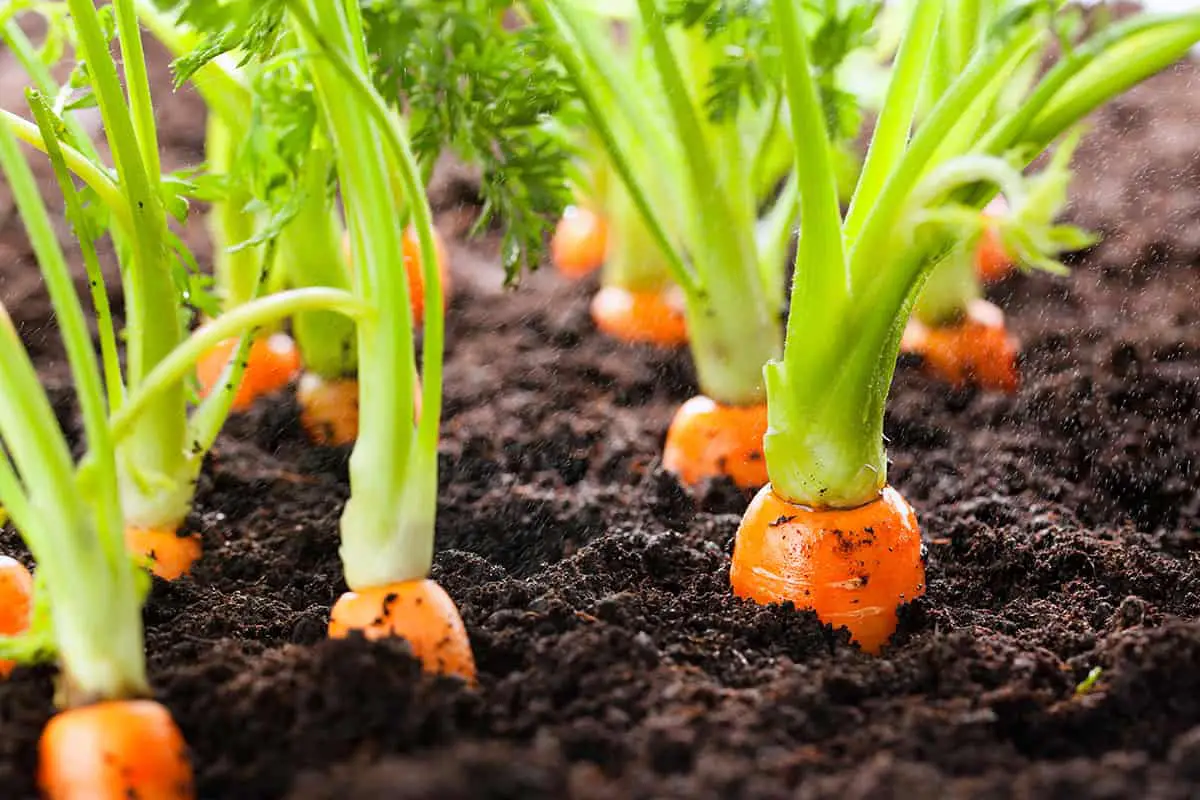
Carrots benefit from the nutrient-rich profile of coffee grounds. They improve soil texture and drainage, aiding root development. Mix the grounds into the soil before planting. Avoid clumping to ensure even distribution. Overuse can create an imbalanced nutrient environment.
Radishes
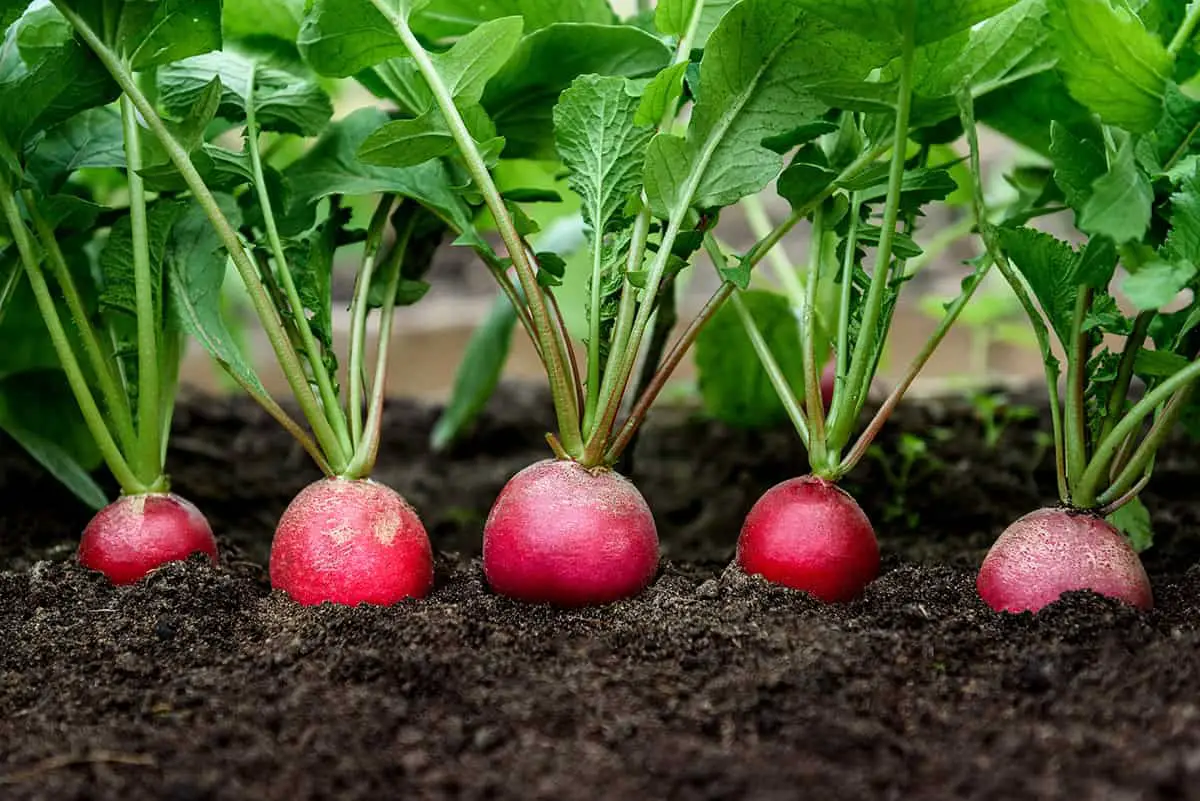
Radishes enjoy the boosted nitrogen from coffee grounds. The grounds improve soil tilth, promoting healthy growth. Scatter a small amount in the planting area. Mix well into the soil. Excessive use can hinder seed germination due to soil acidity changes.
Cabbage

Cabbages appreciate the added nitrogen and improved soil structure. Coffee grounds help in water retention and nutrient absorption. Mix the grounds into the soil before planting. Ensure even distribution. Over-application can lead to nutrient imbalances and poor growth.
Spinach
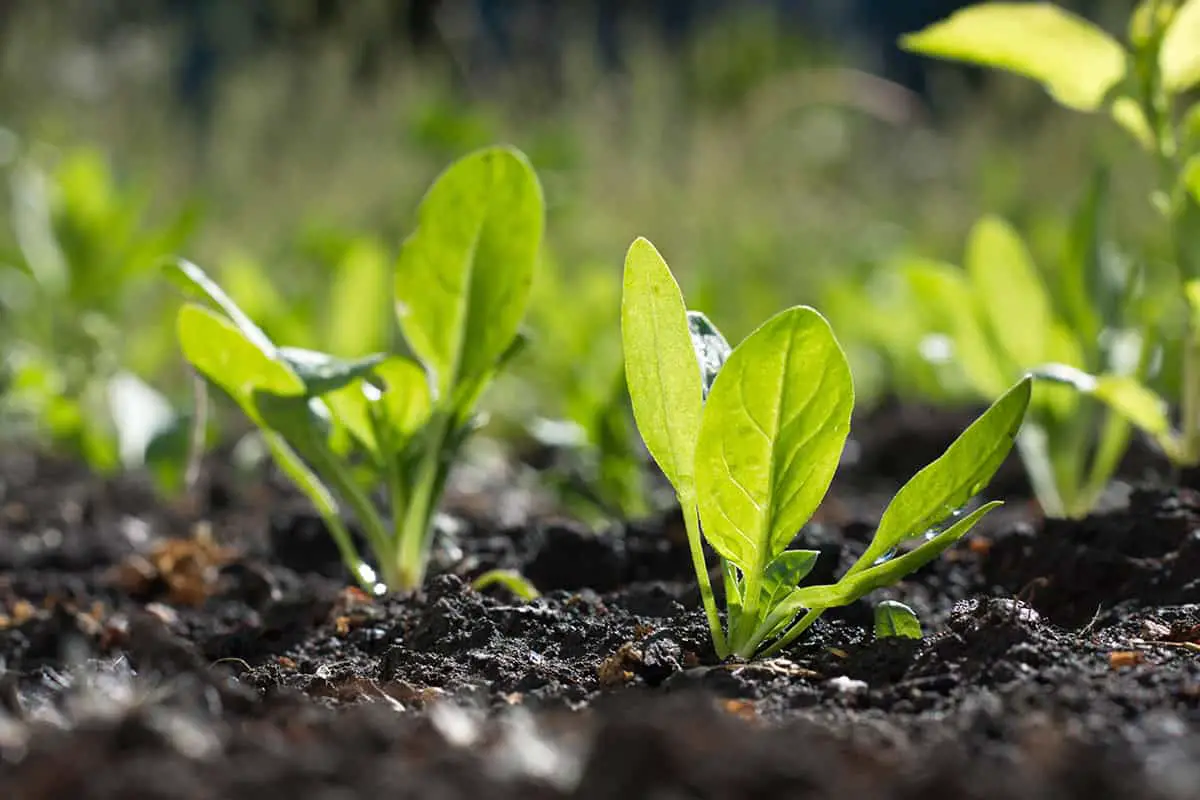
Spinach thrives with the nitrogen boost from coffee grounds. The grounds enhance soil fertility and moisture retention. Apply a thin layer around seedlings. Work gently into the soil. Excessive use can increase soil acidity, affecting growth.
Tomatoes

Tomatoes benefit from coffee grounds, which provide a slow-release nitrogen source. They also improve soil aeration. Spread a thin layer around the base of the plants. Mix lightly into the soil. Direct contact with the stems can foster mold growth.
Peppers
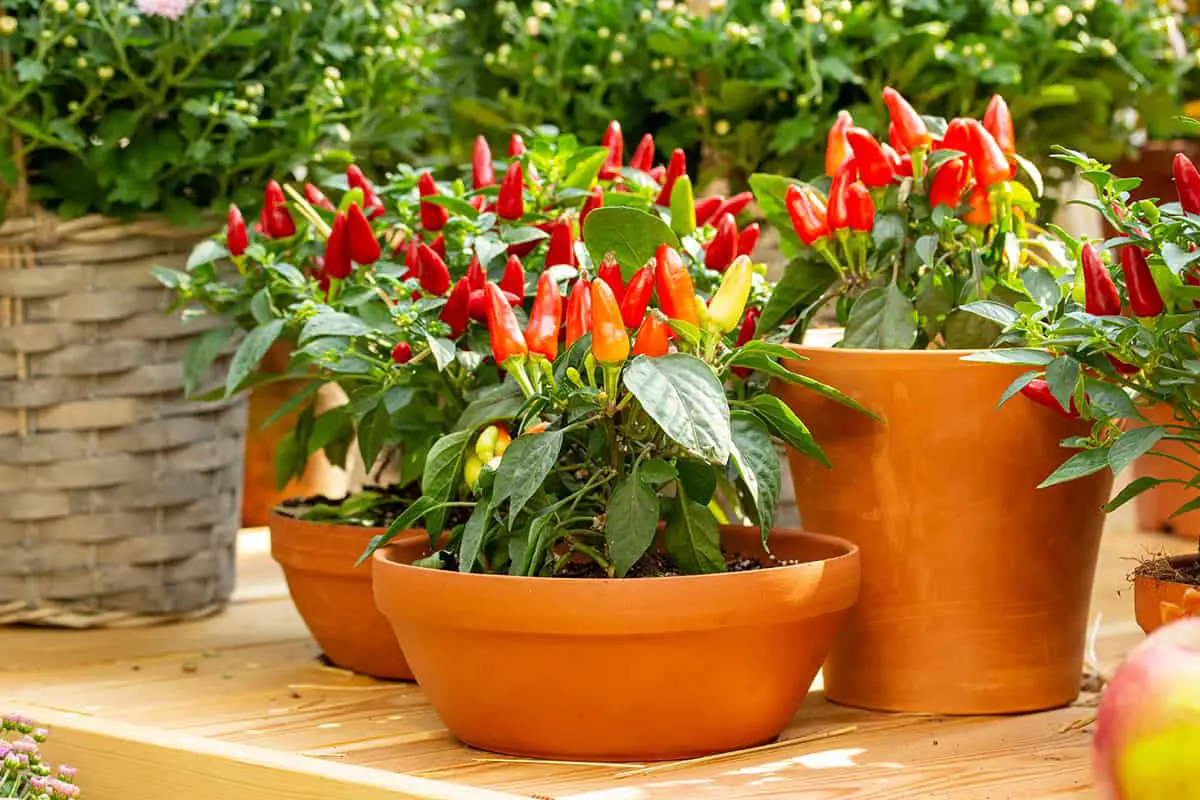
Peppers enjoy the added nutrients from coffee grounds. They improve soil structure and encourage healthy growth. Apply a small amount around the plants. Mix into the soil carefully. Avoid over-application to prevent nutrient imbalance and soil compaction.
Beans

Beans benefit from the nitrogen and organic matter in coffee grounds. Improve soil drainage and fertility with them. Scatter a thin layer around the bean plants. Mix into the soil gently. Excessive coffee grounds can hinder growth due to acidity levels.
Citrus Trees
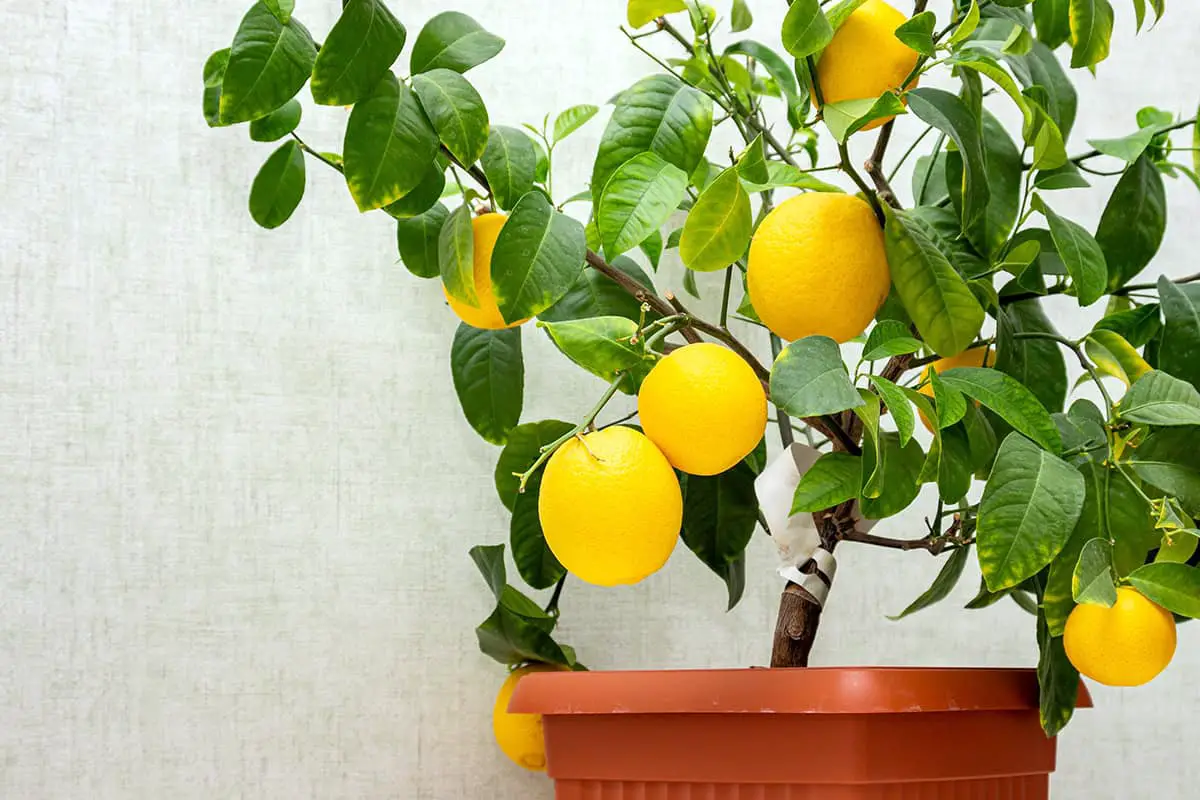
Citrus trees thrive with the extra nitrogen from coffee grounds. The grounds help improve soil structure and fertility. Spread a small amount around the tree base. Mix into the soil lightly. Overuse can lead to soil acidity, which may affect tree health.
Strawberries

Strawberries enjoy the added nutrients and acidity from coffee grounds. These grounds can deter pests and improve plant health. Spread a thin layer around the strawberry plants and mix gently into the soil. Excessive use can lead to nitrogen burn and root issues.
